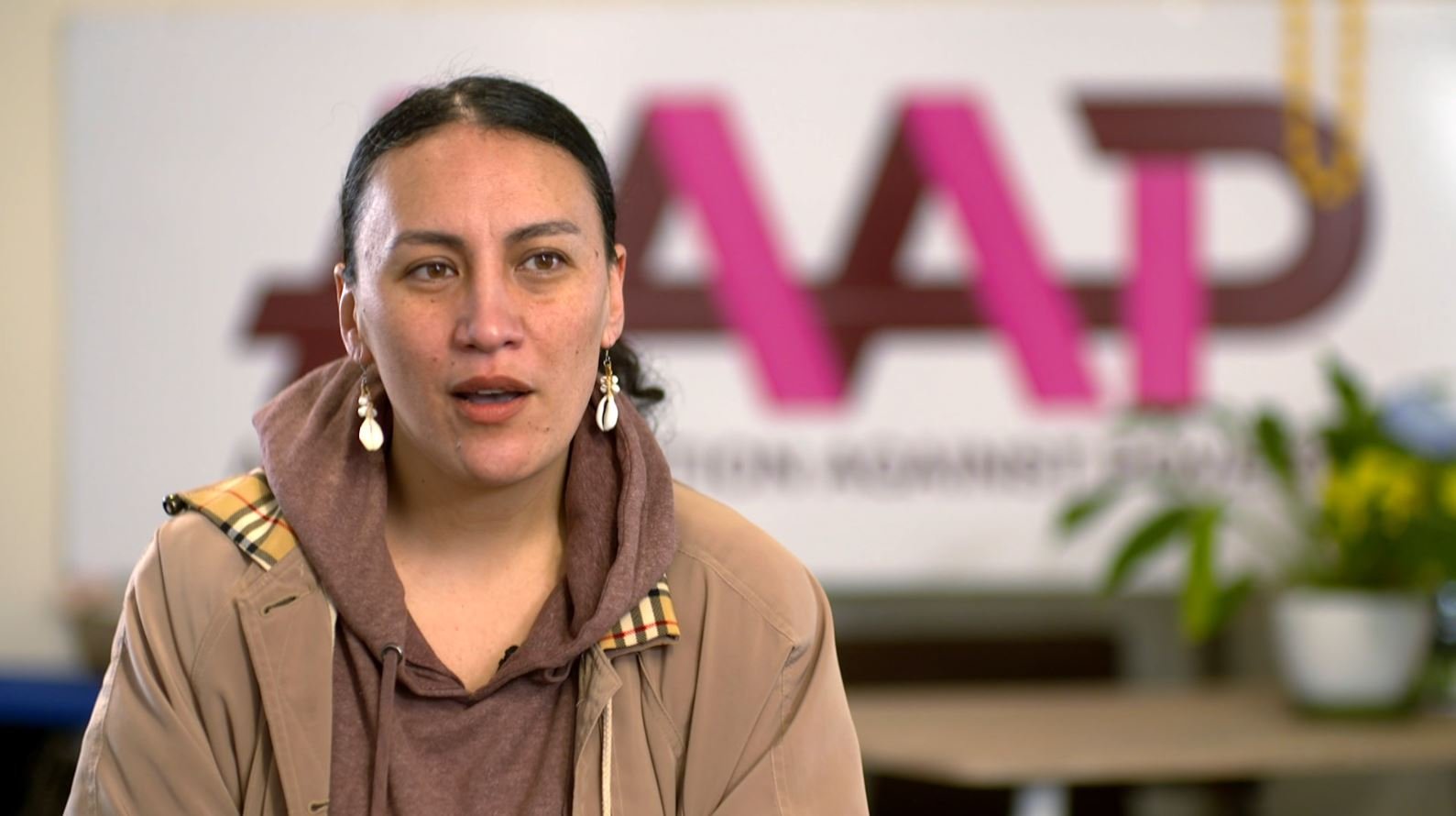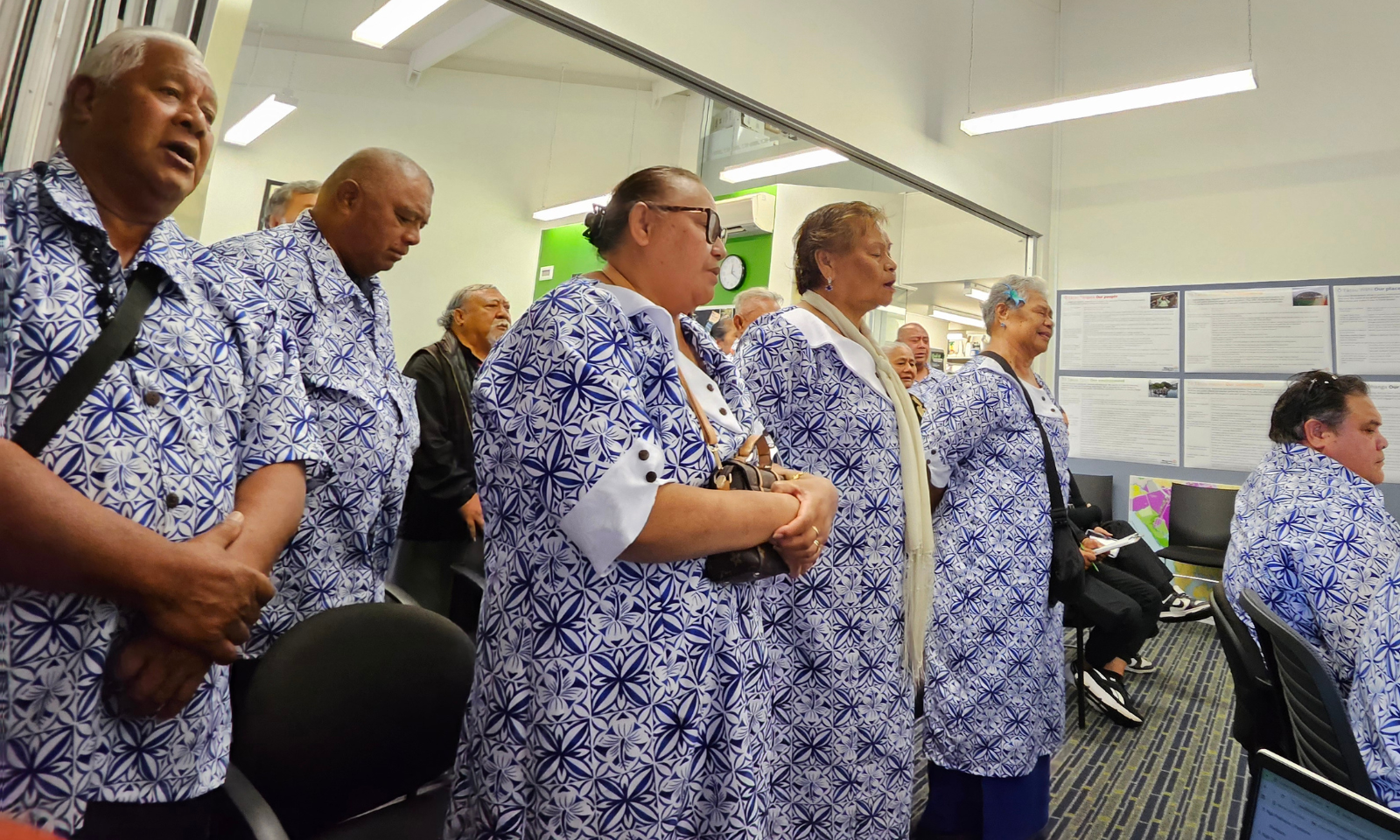New rules for Jobseekers on a benefit make things worse for those already doing it tough, says a South Auckland beneficiaries advocate.
“We think that the traffic light system is a system that continues to punish people who are on a benefit, as opposed to putting in something like a high trust model or looking at changing the culture at work and income,” says Brooke Pao Stanley from Auckland Action Against Poverty (AAAP).
Stanley’s comments come after Social Development Minister Louis Upston recently announced a new ‘traffic light’ system for those on the jobseeker’s benefit, to make sure they meet their obligations.
In a press statement she said, “A harder line will be taken against those who repeatedly fail their obligations by counting past failures for twice as long, making it more likely their benefits will be cancelled if they continue this behaviour for longer than 12 months.”
Under the new traffic light system, “Green” – means a client is complying with obligations, “Orange” – means a client has failed an obligation and has five working days to contact MSD with a reason. If they fail, they go into “Red” status where the client is under active sanction and could lose some, if not all of their benefit.
“Sanctions is a tactic that MSD use to ensure that if people aren’t meeting their obligations, then they’re punished,” Stanley says.
“I think there are only two obligations that you’re allowed to not meet before they fully cancel your benefit. You know, if you cut someone’s money, you’re kind of cutting their livelihood.”
And that’s not the only change, jobseekers will need to re-apply for the benefit every six months instead of annually, with any transgressions remaining on their record for two years, twice as long as they do now.
The government also plans to control where beneficiaries spend their money using a card system.
“They’re looking at putting 50% of your benefit onto a green card. It’s called compulsory income management. There are already aspects of that with youth payments,” Stanley says.
“So 16 and 17-year-olds are already having their money managed on a green card and from MSD’s own reports and evaluations, it’s not working in that space. It doesn’t make sense for them to take that process and then administer it when it really isn’t working.”
Stanley also says having the card will reduce the choice of where the money can be spent where, in all likelihood, it will be the big corporations like supermarkets and big retailers who will benefit at the expense of smaller, community outlets.
The changes come at a time when many are struggling with the high cost of living for both working people and beneficiaries.
“We haven’t seen anything from the government to alleviate some of those stresses for people. I think free public transport would have been an incredible option, just something, even keeping the $5 prescription fees or even half the public transport, Stanley says.
“We continue to see the cost-of-living increase and there aren’t any levers that are being accessed by the government to ensure that communities that are finding it super hard at the moment can, you know, feel at ease or a little bit stress free.
“I think they’re continuing to push a narrative that it’s just people’s own individual circumstances and what they’ve done in their own lives that they find themselves now in poverty and I don’t think that’s true. That’s a systemic function.”













